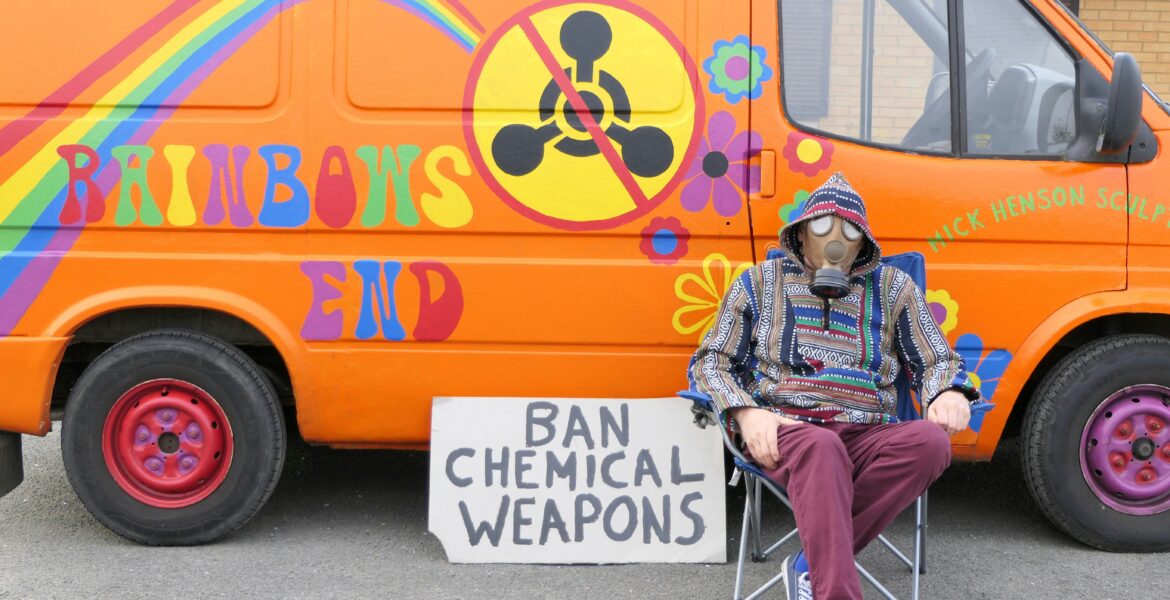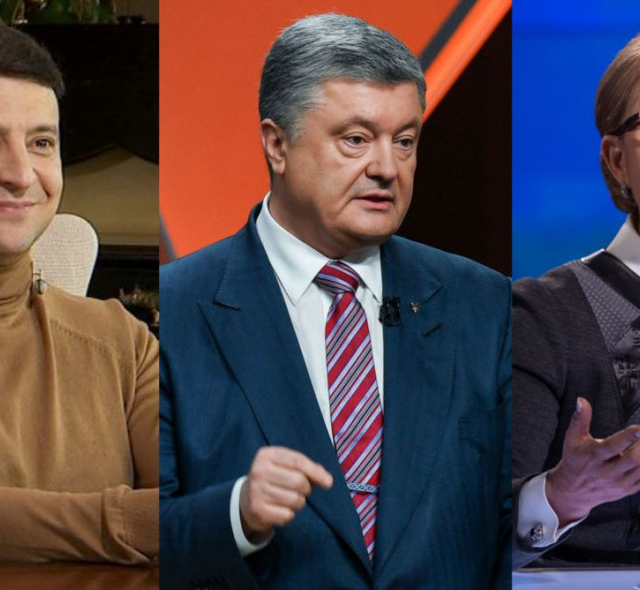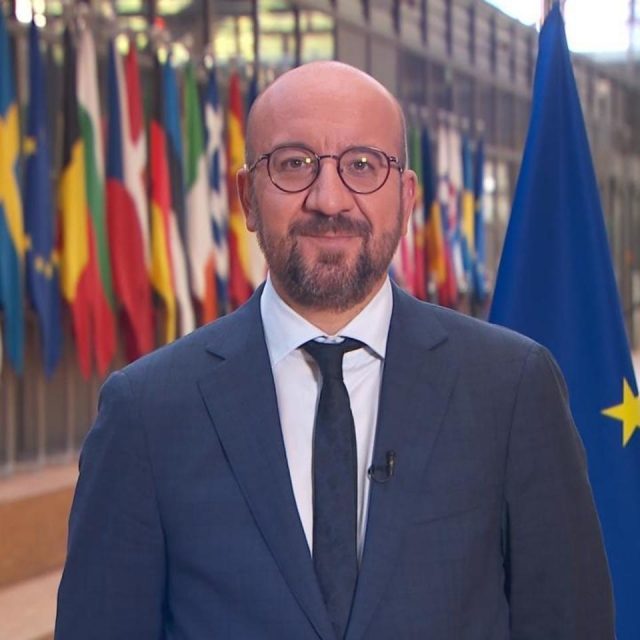Photo by Mick Henson on Unsplash.
As we commemorate armistice day, and the end of hostilities in World War One, let us remember that Chemicals were first weaponised for warfare in 1914 and killed thousands of foot soldiers in an agonising death. Today, 110 years later the use of chemicals by mafia states to kill and maim troops and civilians remains a very real danger.
From November 25 to 29, the 29th Session of the Conference of the States Parties to the Chemical Weapons Convention (CWC) will be held in The Hague, Netherlands. This session will focus on discussions regarding the global prohibition of chemical weapons, and will also feature the election of the Executive Council of the Organization for the Prohibition of Chemical Weapons (OPCW) for the 2025–2027 term. Three Eastern European countries – The Czech Republic, North Macedonia, and Russia—have nominated themselves for membership on the OPCW Executive Council.
The Russian Federation’s record regarding chemical weapons has been a subject of significant international concern. In August 2020, the OPCW confirmed that the toxic nerve agent “Novichok” was used in the poisoning of Russian opposition leader Alexei Navalny. The same class of chemical agents was employed in the 2018 nerve agent attack on former Russian spy Sergei Skripal and his daughter in the United Kingdom. In September 2021, the European Court of Human Rights (ECHR) ruled that Russia was responsible for the assassination in London of Alexander Litvinenko using the lethal radioactive agent polonium-210. These actions represent a severe breach of international law and the CWC, prompting serious questions about Russia’s eligibility for a position on the OPCW Executive Council.
Numerous reports suggest that Russia has employed prohibited chemical agents during its invasion of Ukraine. According to the Ukrainian Ministry of Defense, between February 17, 2023, and September 16, 2024, there were 4,228 documented instances of the use of prohibited chemical substances, including chloropicrin, on the front lines in Kupiansk, Bakhmut, Pokrovsk, Zaporizhzhia, Kherson and other regions. These substances have been used to clear Ukrainian military positions, enabling Russian forces to carry out conventional strikes on empty battle fields.
The U.S. Department of State has condemned Russia’s use of chemical weapons and toxic gases against Ukrainian forces, highlighting the violation of international prohibitions on the use of such weapons. In December 2023, the U.S.-based Institute for the Study of War confirmed the use of chemical weapons by Russian forces in the Kherson region, with reports indicating that the 810th Naval Infantry Brigade of the Black Sea Fleet deployed K-51 chemical bombs. On October 8, 2024, the United Kingdom imposed sanctions on Russian forces and their commanders responsible for the use of chemical and biological weapons, underscoring the ongoing violations of international law by Russia in its invasion of Ukraine.
Russia’s candidacy for a position on the OPCW Executive Council has been met with widespread criticism. Many observers argue that a country with a history of repeatedly using chemical weapons lacks the moral standing to be a member of an organization dedicated to the prohibition and elimination of such weapons. Critics contend that the international community must ensure that OPCW members are fully committed to upholding international law, and that accountability for violations is essential to the maintenance of global peace and security.
Given the serious accusations leveled against Russia for its use of chemical weapons, the country faces significant international criticism as it seeks a leadership role in an organisation whose primary mission is to safeguard the world from such deadly agents.




